Black Static 76
My previous reviews of this publisher: https://dflewisreviews.wordpress.com/tta-press-interzone-black-static/
Work by Rhonda Pressley Veit, Abi Hynes, Stephen Hargadon, Tim Cooke, Lucie McKnight Hardy.
When I read these stories, my thoughts will appear in the comment stream below…
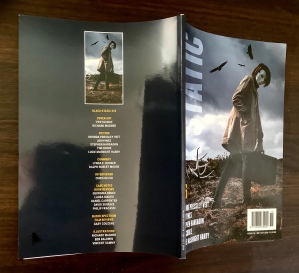
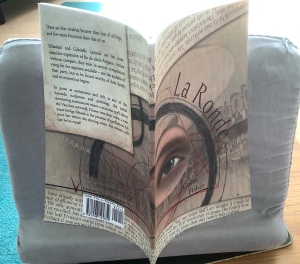

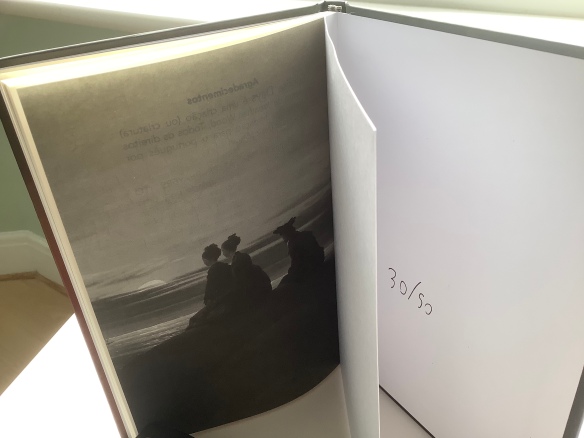
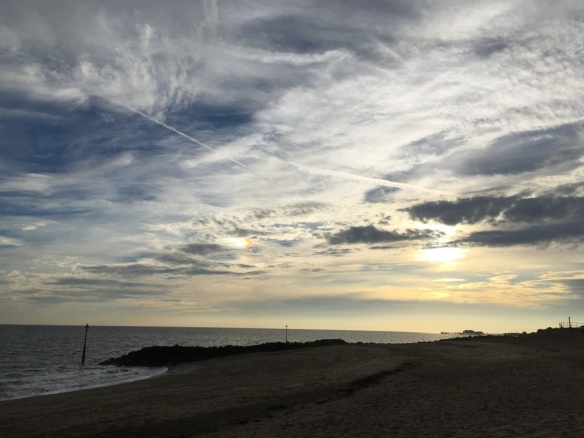
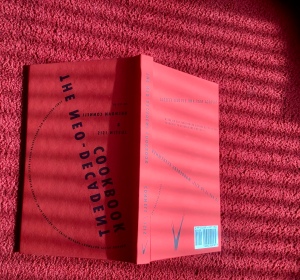
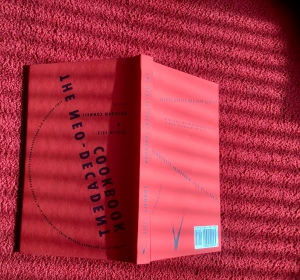
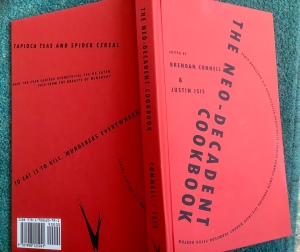
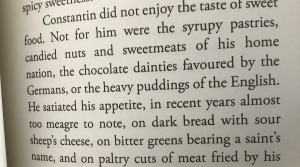
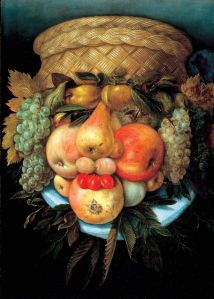 SOME NECESSARY WORDS ON THE SUBJECT OF FRUIT
SOME NECESSARY WORDS ON THE SUBJECT OF FRUIT


FATAL MEMORY by Rhonda Pressley Veit
“The Lord is offended, above all, by forgetfulness.”
A most powerful well-written story of Frank Medder, an old man whose forgetfulness I already empathise with, an old man whom I will perhaps soon become… this man Medder full of misremembered guilt at the separate deaths of his birthmarked wife Iris, daughter Shannon and dog Rudy, who all come back to haunt him. Full of ‘sad empty spaces’ and lava-moving dreams. Full, too, of the characterisation of a community in the Appalachians. Also, a Hebrew Biblical story that haunts him like a dream where the man himself is the lava. A Biblical story about the fat King Eglon who, because of his fateful if not fatal fatness, was stabbed with difficulty, a FATal memory, indeed. And the later shriving by Hell’s burning? Islanded in one’s own bathtub. So much here to scry, we all need to grapple with it — absorbing its “weight of words” and, then, its coordinates triangulated by all of us into a gestalt. I’ll hope to be here when you’re ready to share your findings with me about this Veit work — on one level, a simple satisfying poignant story and, on another, something quite else. I am already staggered that it mentions the expression “weight of words” in this text in view of a now amazing double coincidence, in hindsight, before reading this Veit work, a coincidence discovered here this very morning with two other ‘weight-of-words’ quotations regarding Eley Williams’ ‘Alphabet’.
Linked again to Eley Williams, Swatch: https://dflewisreviews.wordpress.com/2020/09/14/attrib-and-other-stories-eley-williams/#comment-19938
More thoughts about above story in relation to the Abi Hynes one below…
RESTING BITCH FACE by Lucie McKnight Hardy
“Chewing wasps again, love?”
A story from a deadpan book of horrors; it just is what it is.
The involuntary rest of its seams running…
A new mother’s reaction to her loutish husband’s personal jibes against her. And to factors in her life, such as a senile father and that lumped-out baby son.
Each moving feature of her face stoically and now voluntarily tabbed and tagged not by self-harming so much as stitches for herself in time, to save some collaterally better rest instead.
It was what it was. A new genre of Numb Fiction for our times.
My previous reviews of this author: https://dflewisreviews.wordpress.com/tag/lucie-mcknight-hardy/
Now, having reached the next work below, I appreciate Medder’s own self-conscious body-awareness of a dream of self as lava as the fatness of Eglon, with motives and events and histories that I now realise I didn’t fully ‘get’ yesterday above about his behaviour in Fatal Memory, notwithstanding my own growing fallibilities and fatefully fading memory towards a CO-vivid dream autonomously forming between as well as within these three stories…
…to a similar body-awareness in that of the above Bitch Face resting, as actors sporadically ‘rest’, too, not least resting from their own self-consciousness as a body: as now here below with ‘the Abi-walk’ explicitly inside the text of…
PHANTASMAGORIA: A Sequence of Real or Imaginary Images like Those Seen in a Dream
by Abi Hynes
‘, but mostly I relied on the memory of my body, which clung to whatever felt good and seemed to tell the truth…”
A haunting narrative by a self-seen-as-large-body-conscious woman who is finding her way through auditions in the acting field, via a series of optical illusions or videos or exploitative body-showing or Artaud’s theatre of cruelty or the woman in the yellow wallpaper with the trials and tribulation of experimental acting as dictated by various directors, some of which smoke & mirror phantasmagoria could not be stopped and went on autonomously. You could not even leave the room or even think about leaving this story itself, although that may have solved everything. But which was the ghost, the narrator inside this story, or the one outside it? Which the nightmare?
“Theory: every story about a woman’s body is a horror story.”
My previous review of this author: https://dflewisreviews.wordpress.com/2018/06/05/interzone-275/#comment-12733
NIGHTS AT THE FACTORY by Tim Cooke
“Sleep pulled at the back of my throbbing skull, dunking me in and out of some obscure dream.”
A starkly evocative tale of schoolboy youths who regularly visit the ‘concrete glades’ of an industrial estate to find places where to smoke pot. It is what it is, this story. Honest deep-pan horror. Not obscure at all – but the LMH story above I originally thought was out-and-out what it was. So I may be wrong again. You see, this Cooked-up piece is printed side-to-side in double-columns, not the usual straight-up-and-down pages. And what about the eggs thrown at a factory shed and the later stink of eggs on the breath of the caretaker? What were those eggs? Is this another effort to create a still stretching landscape of dream, without the naive schoolboy youths realising what they are sharing with us? Or vice versa? Who is the caretaker of our singular well-limned hard-core rubbish and detritus monster set loose by having broken all our separate eggs of Jungian Unconsciousness? I keep my powder dry, while trying to stay wide-awake for something otherwise double-bluffing us within an honest tale’s straight-up-and-down portrait of its “monument to these times of change.”
My previous review of this author: https://dflewisreviews.wordpress.com/2018/07/19/black-static-64/#comment-13264
My previous reviews of Stephen Hargadon: https://dflewisreviews.wordpress.com/tag/stephen-hargadon/
THE STATIONERY CUPBOARD by Stephen Hargadon
“He’s not happy in his own body.”
I always look forward to a new dose of Hargadon. But this one is possibly my last dose of it, before I leave for a new job, after years and years of passing my ardent ruler over his lines of text. A culmination, this novella, worth waiting for, measuring my critical work against it. The story is a compelling narrative about Byrne, an apotheosis of office life, his colleagues, the explicit ‘stapling’ as in the LMH story above, the fatal body consciousness of Veit’s Medder and the hybrid machines as rubbish moving like a biological creature in the Cooke story (yes, I knew it would be what it is or was and now will be), the Abi-walk nightmares acting out doppelgängers in rude scenarios concocted by others, and again that autonomous never-stopping … and the routine escape routes leading not only to the Stationery cupboard, but the Stationary and Static one, too. Small-mindedness and trivial office politics. A Hargadon story that is often hilarious, but one with an eventual horror of body parts and old office equipment and the xeroxing of identities after a life of tawdry routine, leading to a vista from the office window of buildings and streets in the decrepit city, a vista interpretable as being just before the people vanished, soon to be socially distanced to that Stationery Cupboard we all dread staying in forever. This story is the great Hargadon story indeed, and that is saying something! This Black Static gestalt is surely the core of dark fiction’s gestalt as long as our memories subsist.
As ever, there is much else in Black Static, in addition to its fiction.
end